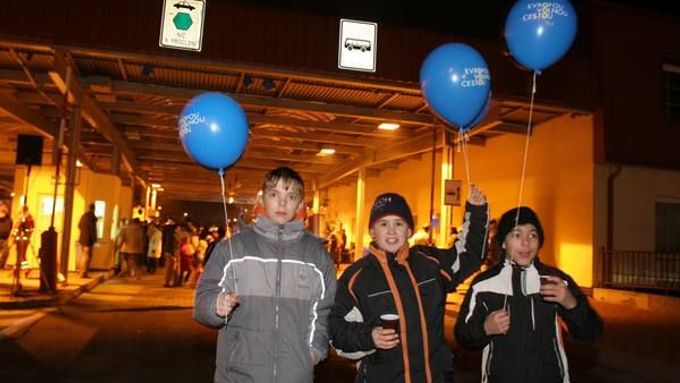Prague - Eighteen years after the fall of the Iron Curtain, the Czech Republic finally got rid of the last obstacle to the freedom of movement earlier this week.
When the clock struck midnight between Thursday and Friday (20 and 21 December), the borders separating the Czech Republic from Germany, Poland, Austria and Slovakia disappeared. The Schengen free-movement zone has taken in eight new states.
In the tri-border area near Hrádek nad Nisou, Liberec Region, a number of prominent figures came together to celebrate this moment. The Czech Prime Minister Mirek Topolánek, the German Chancellor Angela Merkel, the head of the Polish government Donald Tuskand and the European Commission President José Manuel Barroso were among them.
"Historical moment"
According to Merkel, what they have been witnessing was a historical moment the past generations only dreamed of.
"I wish all countries could experience what we are experiencing now... I am proud," said Topolánek. "We were divided by the Iron Curtain once, now we have Europe united around the values of democracy and peace," remarked Barroso.
Czech citizens are now free to use any of the 140 crossing points without having to present their documents or prove they have enough cash like they had to in the past.
